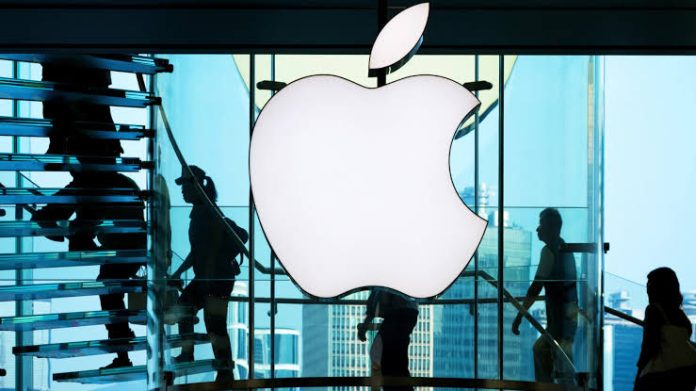A trial opening Monday, January 13, in London is set to determine whether US tech giant Apple abused the dominant position of its app store in the UK, with plaintiffs seeking more than one billion pounds in damages.
The complaint, filed in May 2021, accuses Apple of breaching European and UK competition laws by excluding any other app stores from iOS devices such as iPhones and iPads. The plaintiffs argue that around 20 million Apple users may have been overcharged due to the company’s ban on rival app store platforms.
The claim also targets the 30 percent surcharge Apple imposes on apps purchased through its App Store, alleging that it comes “at the expense of ordinary consumers.” The case has been brought by Rachael Kent, a Kings College London academic, alongside the law firm Hausfeld & Co. Apple has dismissed the case as “meritless.”
The trial is expected to last seven weeks at the Competition Appeal Tribunal in London. Central to the case are accusations that Apple used the App Store to exclude competitors, forcing users to rely solely on its system and boosting its profits. Kent, who specializes in the digital economy, cited the example of the dating platform Tinder, noting that the surcharge affects most apps, including in-app purchases, but does not apply to apps offering physical products like Deliveroo and Uber Eats.
Kent believes that any user who purchased apps or subscriptions in the British version of the App Store between October 1, 2015, and November 15, 2024, may be entitled to compensation. The plaintiffs are seeking estimated damages of £1.5 billion ($1.8 billion).
Under British law, this type of class action includes all potentially affected individuals by default, who may benefit from any potential compensation unless they choose to opt-out.
Apple has referred to a 2022 statement, asserting that 85 percent of apps on the App Store are free. The company maintains that the lawsuit is meritless and stands by its commitment to consumers and the benefits provided by the App Store. It also argues that the commission charged is “very much in the mainstream of those charged by all other digital marketplaces.”
Investigations into Apple’s App Store practices have intensified worldwide in recent years. The company is also facing a separate complaint worth £785 million related to rates charged to app developers. Last June, the European Commission accused Apple of violating digital competition rules by preventing developers from steering consumers to alternative channels outside the App Store. In response, Apple announced in August that iPhone and iPad users in the European Union could delete the App Store and use competing platforms.
Kent emphasized the importance of collective actions in pushing companies to change, stating, “They’re responding to these investigations and also being told what to do. I don’t think they’re going to do it voluntarily, which I think is why it’s really important to bring these collective actions.”

